#pr
Cadillac Knows What The Kids Want
Range Anxiety Strikes Mercedes Fuel-Cell Convoy, TTAC Alum
Hydrogen Fuel Cell vehicles (FCVs) are enjoying something of a comeback lately, as everyone from Hyundai and Honda to GM and Daimler are talking about forthcoming production versions of test-fleet FCVs. And with EVs poised to both dominate the short-term green-car game and inevitably disappoint consumers, it’s no surprise that the perennial “fuel of the future” is enjoying a fresh look from automakers. But if high cost and range anxiety are the flies in the EV ointment, the FCV-boosters are finding their hydrogen cars tend to suffer from the same problems. Daimler says
By 2015, we think a fuel cell car will not cost more than a four-cylinder diesel hybrid that meets the Euro 6 emissions standard.
but that by no means guarantees its Mercedes FCV will be truly “affordable” by any reasonable standard, as diesel-electrics are considered one of the most expensive applications of internal combustion power. And then there’s the whole range issue. Yes, FCVs refuel faster than EVs, but even the most ambitious of Hydrogen-boosters, Daimler, are only pushing vehicles with a 250-mile range. Which is why we puzzled a bit over The Globe And Mail‘s assesment that
Three Mercedes-Benz B-Class F-CELL models will make [a 125-day] global trek, which will seek to highlight the real-world benefits of fuel cells versus EVs – mainly their much further range
Flipping over to AutoMotorundSport, we find that the irony which completely escaped the G&M is threatening to overwhelm Daimler’s entire demonstration. And, as is only natural when things like this occur, there’s a bizarre TTAC connection…
GM's Transparency Pledge On The Fritz Edition
Former GM CEO Fritz Henderson may well have been a convenient punching boy in the aftermath of the Obama Administration’s firing of his predecessor, but at least the guy had a sense of obligation. Henderson was a consummate GM insider, but unlike Rick Wagoner, he realized that this status was as much a liability as an asset in the politically-fraught aftermath of the bailout. Nowhere is this more clear than in Fritz’s major contribution to GM’s public relations: in hopes of proving GM’s appreciation of its extraordinary rescue, Henderson committed GM to “open communication” and “transparency,” telling the US Senatewith the very first words of his testimony that
It’s our obligation to be open and transparent in all we do to reinvent GM, particularly with the American taxpayer as our largest investor.
Of course, The General didn’t always make good on that pledge, but at least Fritz made the effort to say he cared. Now, GM is taking the opposite approach, threatening to liberate the benighted public from the burden of its transparency. After all, the US taxpayer is no longer the majority shareholder in GM… even if, at 33%, we are still GM’s single-largest “investor.”
Hyundai: What's Your CAFE Number?
Hyundai’s sales were up 22 percent last month, driven by huge growth for Sonata (13,261 units) and Elantra (9,659 units). But, rather than spend the whole press release [ PDF here] trumpeting sales data alone, Hyundai upped the transparency bar on its competitors by announcing it would
begin reporting monthly sales-weighted Corporate Average Fuel Economy (CAFE) results to provide journalists, policy-makers and consumers with additional data to promote more meaningful dialogue on the feasibility of future fuel efficiency targets for the industry…
For January 2011, Hyundai’s sales-weighted CAFE level was 34.7 miles per gallon, with a model year mix for the month of 86 percent 2011 and 14 percent 2010 model year vehicles. This is a significant increase from Hyundai’s most recent official CAFE level for the 2009 model year of 31.7 mpg.
By publishing both its fleet mix (12%) and CAFE average, Hyundai is proving that marketing is a million times easier when the facts fit the message. At 34.7 CAFE, Hyundai is a single MPG away from complying with the 35.5 MPG 2016 proposed CAFE standard, and just a whisker away from meeting its corporate commitment to meet 35 MPG fleet by 2015. Which is all fine and dandy, but as a blog that’s forever digging for obscure information about the car industry, we’re even more excited about Hyundai’s decision to take the lead on transparency. TTAC encourages all automakers to release both sales-weighted CAFE numbers and full fleet-mix numbers (and any other relevant data) with their monthly sales reports. The truth, as we say around here, must out! [Hyundai and Kia sales breakouts after the jump]
Ask The Best And Brightest: How Much Do You Trust The Automotive Industry?
Well, the global car business is not as trusted as the technology business, according to Edelman’s 2011 Trust Barometer study, but it’s now doing better than any other industry out there. Yes, really. Cars may have taken some lumps over the last several years, but thanks to improvements in auto industry trust in the US and China, it’s now beating everything from telecom to pharmaceuticals to food. Does the auto business deserve that trust? That’s a question for you to answer…
Edmunds: Toyota Consideration Down, New Products Needed
Toyota “Lessons” TV Spot from electrocinema on Vimeo.
Edmunds’ has looked over its in-house shopping patter data, and has some bad news for the number one automaker in the US:
In December, 17.9 percent of car shoppers considered Toyota vehicles — 2.3 percentage points below levels seen in December 2009, before the 2.3 million-vehicle recall for potentially sticky accelerator pedals. Overall, Edmunds finds that 2010 consideration for Toyota vehicles was down about 3.8 percentage points year over year…
Evolving cross-shopping patterns on Edmunds.com also demonstrate the diminished power of Toyota’s brand. Consumers interested in traditional competitors like Nissan and Honda considered Toyota vehicles less often in 2010. Meanwhile, Suzuki shoppers – who qualify for higher interest rates, accept longer loan terms and make lower down payments, suggesting a lower economic status — increased their Toyota shopping considerably in the last year.
In recent months, though, some specific Toyota models are elbowing back in on traditional competitors. The rate of Edmunds visitors cross-shopping the Nissan Altima with the Toyota Camry, for example, has approached levels seen before the reports of unintended acceleration captivated the media and its audience last year.
The car-shopping site’s takeaway: Toyota isn’t just struggling against negative perceptions brought on by last year’s unintended acceleration recall… it needs new products. Which means Toyota’s plan to unveil 11 new or refreshed models through 2012 is coming just in the nick of time. Still, if those products don’t actually wow consumers rather than simply skating by on Toyota’s faded reputation, Toyota’s greatest strength, the trust and loyalty it enjoys from consumers, could be slip away. And given how disappointing the refreshed Corolla seems (at first blush… testing is still needed) in comparison to its hot-and-fresh competitors from Ford, Hyundai and Chevy, there’s a real risk that this could happen. Scandals come and scandals go… but resting on laurels is what really kills in this business.
Quote Of The Day: The Autoextremist Gets His Bash Back Edition
It probably won’t come as too huge of a surprise to many of TTAC’s regular readers that the first car blog I ever read was Pete DeLorenzo’s Autoextremist.com. This was years ago, years before I ever imagined that I would get pulled into the crazy world of the auto industry, and at the time I was deeply impressed. Here was a guy who, having seen the Detroit machine from the inside, was documenting the self-destruction of an industry with an unmistakable bravado and flair for storytelling. In retrospect, it’s strange to realize that my tastes for automotive coverage were well-defined before I ever considered entering the profession.
In any case, writers are forever challenged when the stories they grow to love take a turn for the unexpected, and DeLorenzo seemingly abandoned his caustic style by the time the auto bailout hit. But cheerleading never quite sounded right coming from the man peddling “bare-knuckled, unvarnished, high-octane truth,” and TTAC took the Autoextremist to task for some of his more brazen pom-pomery during the fevered bailout debates. Still, when the bailout-era wagon-circling was over, DeLorenzo could no longer contain the angry spark that once inspired TTAC’s founder to offer to post Autoextremist rants on this very site. And after warming back up over the past year by using Ed Whitacre as his rhetorical punching bag, I’m pleased to say the Autoextremist is back to his bombastic pre-bailout form. His inspiration: the leadership (or lack thereof) of GM’s latest CEO, “Lt. Dan” Akerson…
Who's Afraid Of CAFE? Not Detroit
Hard on the heels of yesterday’s story on Hyundai’s preparation for CAFE standard ramp-ups comes this counterpoint, courtesy of the Detroit Free Press. Walter McManus, director of automotive analysis at the University of Michigan’s Transportation Research Institute, did his own study on a possible 43 MPG 2020 standard and his findings, as presented at a Citi Investment Research conference call, seem quite positive for American-based automakers. McManus’s research took several basic assumptions for granted in order to reach his conclusions, namely that
• Gas prices will average $4 a gallon between now and 2020.
• Industry sales will be 16.3 million vehicles in 2020.
• Every manufacturer complies with 2016 CAFÉ standard.
• Plug-in hybrids and electric vehicles will be less profitable than gas-engine vehicles.
Now, right off the bat it’s possible to take exception to some of those assumptions. If gas doesn’t crack four dollars per gallon before 2020, for example, this blogger will be one confused student of history. Also, predicting over 16m units of new car sales is by no means a sure thing. Though a comfortable industry assumption based on the “old normal,” there aren’t many indications that 16m+ annual new car sales was a sustainable level for the US economy. Still, Mr McManus has been doing this for a while, so we’ll give him the benefit of the doubt. So, given his assumptions, what does he foresee for Detroit as it moves to meet a 43 MPG standard by 2020? In two words: great success.
Quote Of The Day: Bring It! Edition
GM's "Made In America" Fiasco
Ruh Roh! A press release from the Made In USA Foundation [via theautochannel] picks the kind of fight that GM has been assiduously avoiding for years (but especially since the bailout):
General Motors, bailed out by U.S. taxpayers and still owned in part by the federal government, is stripping country of origin labels off of its cars at auto shows around the country, says the Made in the USA Foundation. The Made in the USA Foundation has charged GM with violating the American Automobile Labeling Act (AALA) which requires all new cars that are offered for sale to include country of origin information.
The AALA requires new cars to provide information on the window sticker, including where the car was assembled, the U.S. and other country content, where the engine was made and where the transmission was made.
Joel D. Joseph, Chairman of the Made in the USA Foundation, said, “General Motors wants to hide the fact that, even after the government bailout, it has moved production of vehicles offshore. The Cadillac SRX is now made in Mexico. The Buick Regal is made in Germany.”
GM claims that the AALA only applies to cars for sale at dealers not at auto shows. Joseph stated that he worked with Senator Barbara Mikulski, who wrote the law, and that the intent of the law was to inform consumers about the country of origin of new cars. Joseph said, “Millions of consumers get their first look at cars at auto shows. The law applies to cars that are ‘for sale’ and auto show cars, except concept cars. Identical GM cars are for sale at thousands of dealers across the nation, and display vehicles should include country of origin information. The U.S. government saved GM and still owns one-third of the company. General Motors should comply with the intent of the law.”
All-EV Racing Series Launches This Year, Major OEMs AWOL
TTAC doesn’t typically “do” motorsport, but we absolutely make exceptions for those racing-related stories that are of real significance to the larger industry or are simply too awesome to ignore (i.e. LeMons). The launch of the EV Cup may not seem particularly germane to the larger industry, as it will feature race-prepped Think EVs and open-wheeled Westfield iRacers (above), but it is significant in the sense that it is the first-ever all-electric racing series. But if you think about it, the lack of major OEM participation in this world-wide series is significant in and of itself. After all, wouldn’t Tesla be interested in promoting its Roadster as the epitome of EV excitement? Apparently not, as Autoblog Green reported way back in December of 2007 that Tesla admits its Roadster would make a poor track car because
The power electronics module (PEM) monitors a variety of the sensors in and around the battery pack and the air-cooled AC motor. If anything starts to get too hot, the PEM will automatically start limiting the power flow from the battery until things cool down. The result is that after a only a couple of laps of all-out track running, the motor will start to heat up and performance will be limited. On the road in real world conditions this won’t be a problem, because conditions generally won’t allow that sort of sustained extreme driving.
Oh well. After all, Tesla doesn’t want to be the “Silicon Valley Ferrari” anyway… that’s just too easy. But what about Audi, which is gunning for Tesla’s niche with two EV sportscars bracketing Tesla’s Roadster? Or Mercedes with its retina-searing SLS E-Cell? Or Ruf’s Greenster electrified Porsche? Seriously guys, it’s up to Think and Westfield to take the lead on this one?
Quote Of The Day: Count The Assumptions Edition
From Tesla’s stand at the NAIAS. Ironic counterpoint after the jump.
UAW To Protest Two-Tier Wages At NAIAS
As the biggest week in the American auto industry, the annual North American International Auto Show in Detroit regularly attracts a sideshow of protesters bent on sending a message to the hordes of executives and analysts who cram Cobo Hall. In 2009, UAW members marched against the possibility that the auto bailout (then still a work-in-progress) would require union concessions. Last year, Tea Party groups rallied to protest the government’s ownership of GM and Chrysler, while UAW members counter-rallied in support of the bailout (apparently those concessions weren’t so bad). This year will be no exception to the trend, as dissident UAW members will be protesting the union’s two-tier wage system, a pre-bailout concession that has created considerable controversy of late. And they’ll be getting support (if only in word, not action) from across their friends from the North, as the Canadian Auto Worker boss has recently called for an end to the two-tier system, saying
That has to be a strategy of the UAW to gradually get out of the two-tiered system. I don’t know if it can happen overnight, but they’ve got to start sending signals to future employees that the low, tiered wages are not something that can sustain families long term



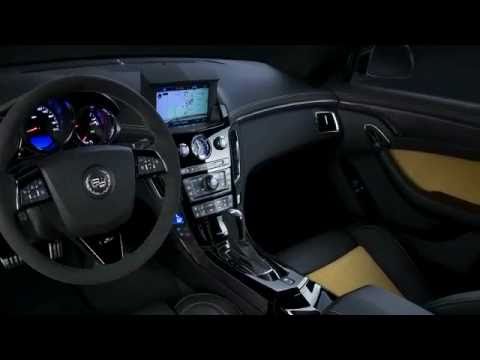
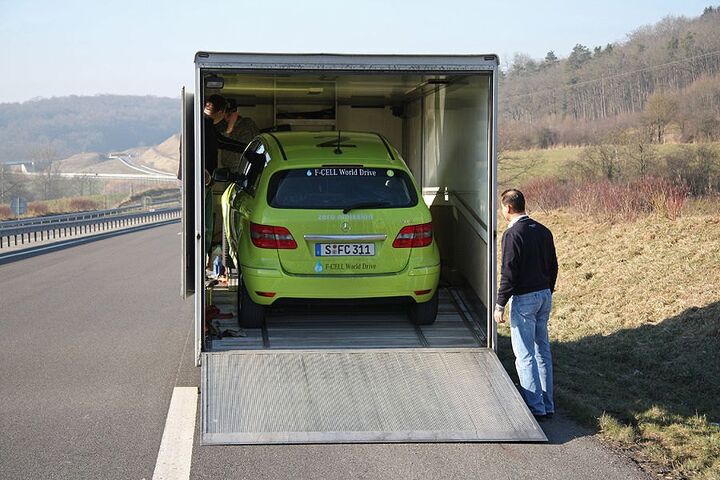

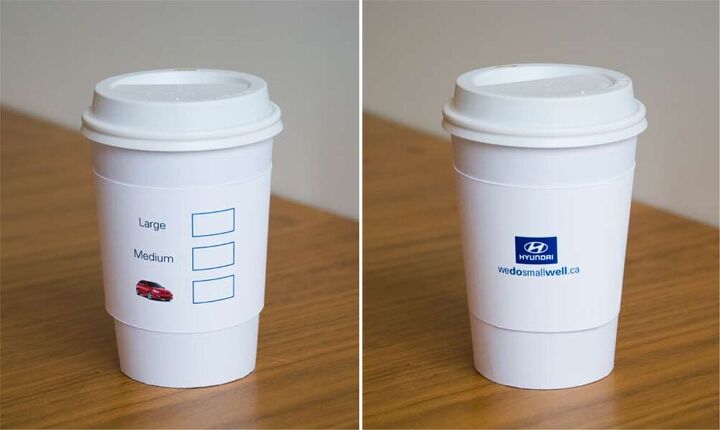






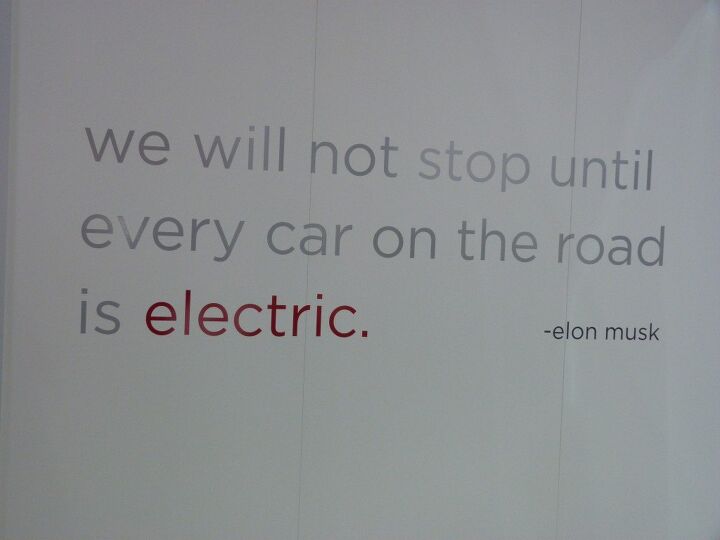

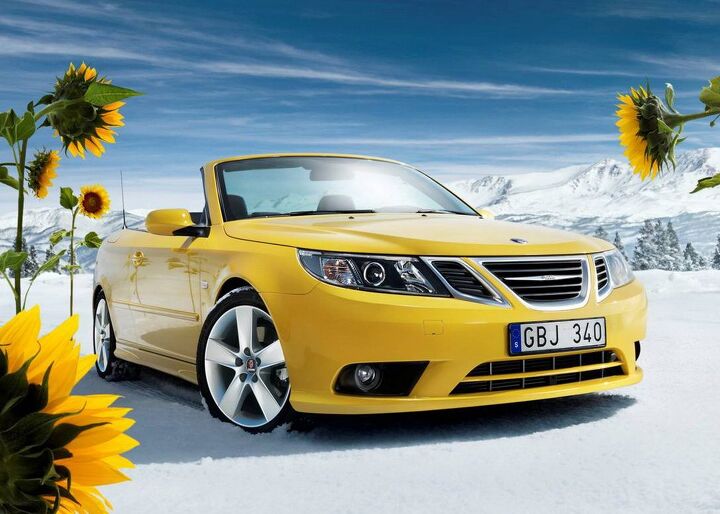
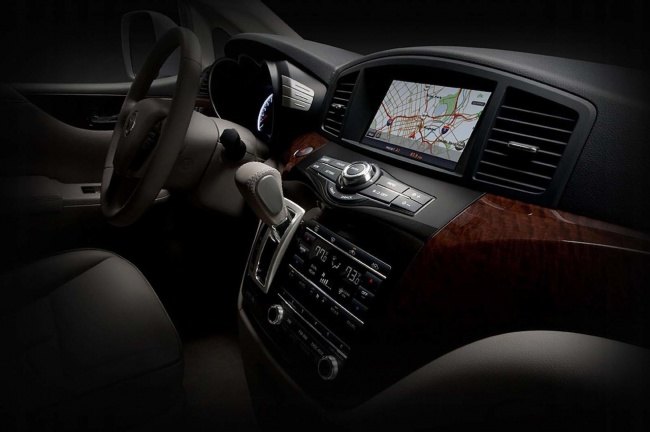












Recent Comments